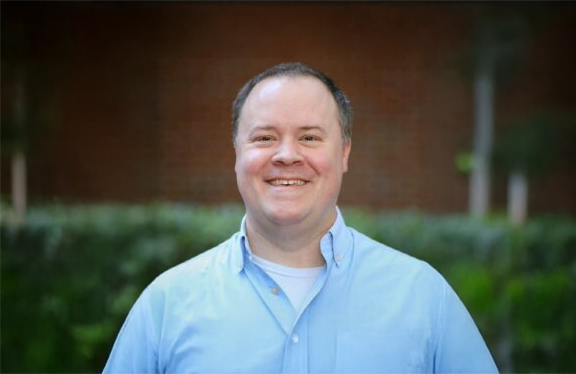

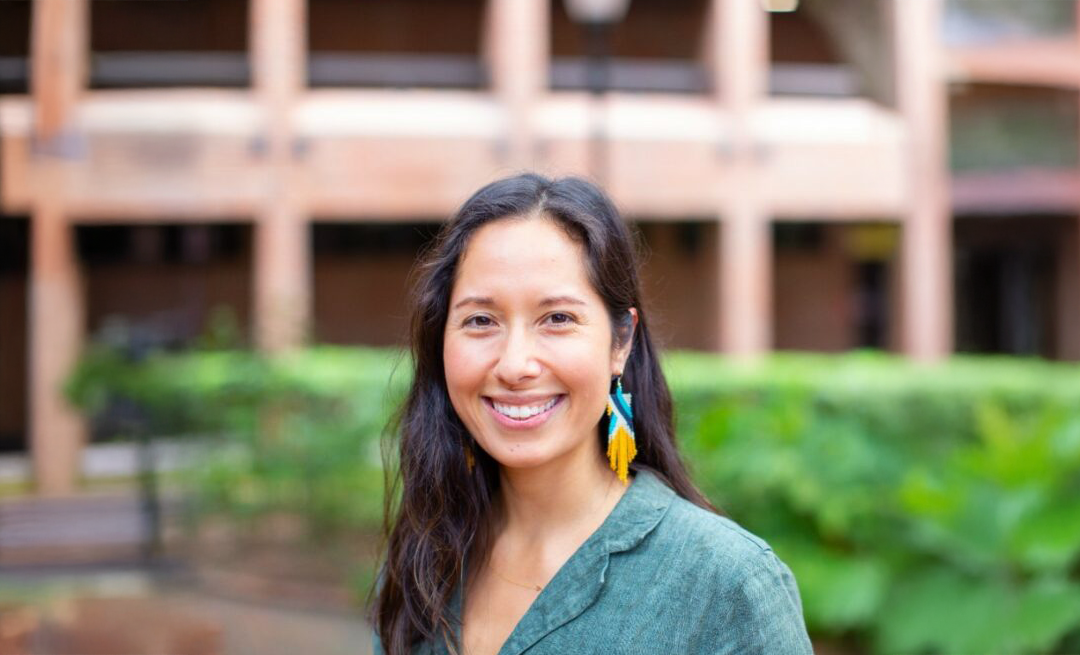
Research Spotlight: Elyse Hambacher
Q & A with Nigel Newbutt, Assistant Professor in the School of Teaching and Learning
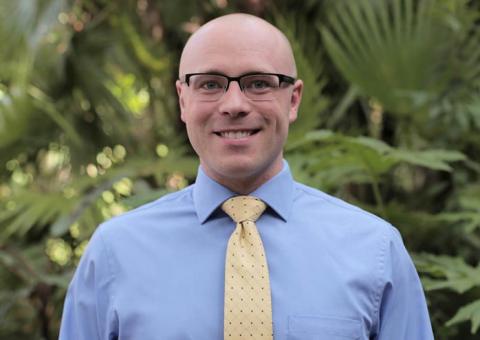
Research Spotlight: Christopher Anthony
Q & A with Nigel Newbutt, Assistant Professor in the School of Teaching and Learning
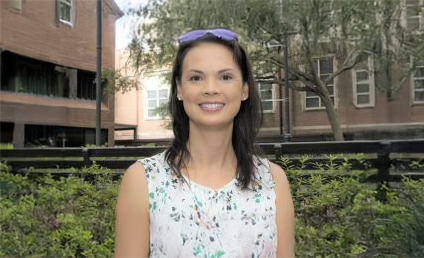
Research Spotlight: Helena Mawdsley
Q & A with Nigel Newbutt, Assistant Professor in the School of Teaching and Learning
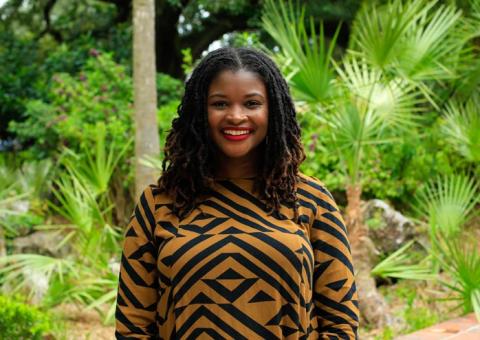
Research Spotlight: Taryrn T.C. Brown
Q & A with Nigel Newbutt, Assistant Professor in the School of Teaching and Learning
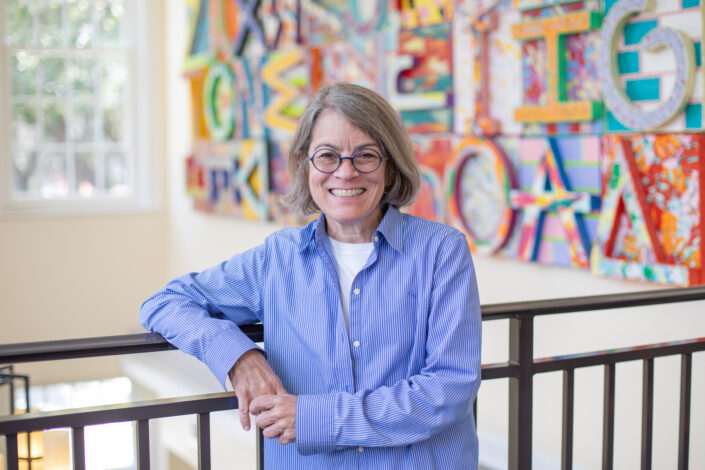
Research Spotlight: Ana Puig
Q & A with Nigel Newbutt, Assistant Professor in the School of Teaching and Learning
